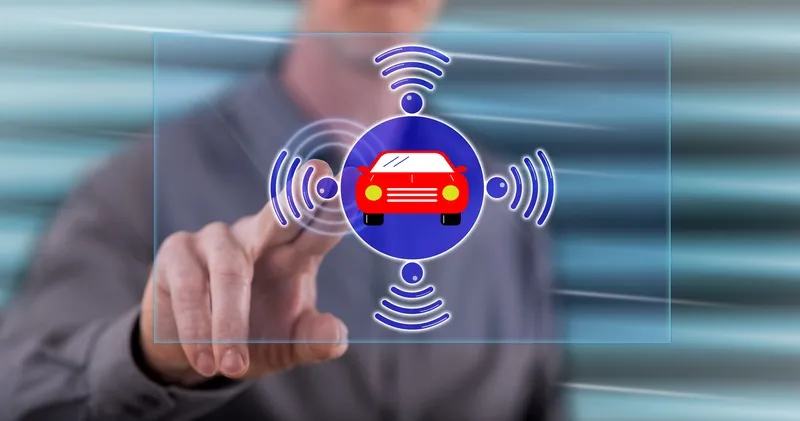Driverless trucks are set to be trialled on the streets of Singapore under an agreement between the country’s Singapore’s Ministry of Transport (MOT) and PSA Corporation and automotive companies Scania and Toyota Tsusho.
The two companies will design, develop and test an autonomous truck platooning system for use on Singapore's public roads.
The platoon will use public roads while transporting containers between port terminals in Singapore. The aim is to organise convoys of four trucks, with three au
January 10, 2017
Read time: 2 mins
Driverless trucks are set to be trialled on the streets of Singapore under an agreement between the country’s Singapore’s Ministry of Transport (MOT) and PSA Corporation and automotive companies 570 Scania and 1686 Toyota Tsusho.
The two companies will design, develop and test an autonomous truck platooning system for use on Singapore's public roads.
The platoon will use public roads while transporting containers between port terminals in Singapore. The aim is to organise convoys of four trucks, with three autonomously-driven trucks behind the lead truck, as well as to fully automate the processes for precise docking and undocking of cargo.
With vehicles in Singapore approaching one million, the initiative seeks to address the increasing travel demand and land constraints; 12 percent of Singapore’s total land is used for road and land transport infrastructure. Additionally, it faces a shortage of drivers.
It has therefore established Singapore as a “living laboratory” for new vehicle concepts that will increase productivity, road safety, optimise road capacity and enable new mobility concepts.
The truck platooning trials will take place in two phases. The first phase will focus on designing, testing and refining the truck platooning technology to adapt to local conditions. These will be conducted by Scania and Toyota at their respective research centres in Sweden and Japan, to leverage their existing development work. The second phase will consist of local trials and development of the technology in Singapore.
The two companies will design, develop and test an autonomous truck platooning system for use on Singapore's public roads.
The platoon will use public roads while transporting containers between port terminals in Singapore. The aim is to organise convoys of four trucks, with three autonomously-driven trucks behind the lead truck, as well as to fully automate the processes for precise docking and undocking of cargo.
With vehicles in Singapore approaching one million, the initiative seeks to address the increasing travel demand and land constraints; 12 percent of Singapore’s total land is used for road and land transport infrastructure. Additionally, it faces a shortage of drivers.
It has therefore established Singapore as a “living laboratory” for new vehicle concepts that will increase productivity, road safety, optimise road capacity and enable new mobility concepts.
The truck platooning trials will take place in two phases. The first phase will focus on designing, testing and refining the truck platooning technology to adapt to local conditions. These will be conducted by Scania and Toyota at their respective research centres in Sweden and Japan, to leverage their existing development work. The second phase will consist of local trials and development of the technology in Singapore.








